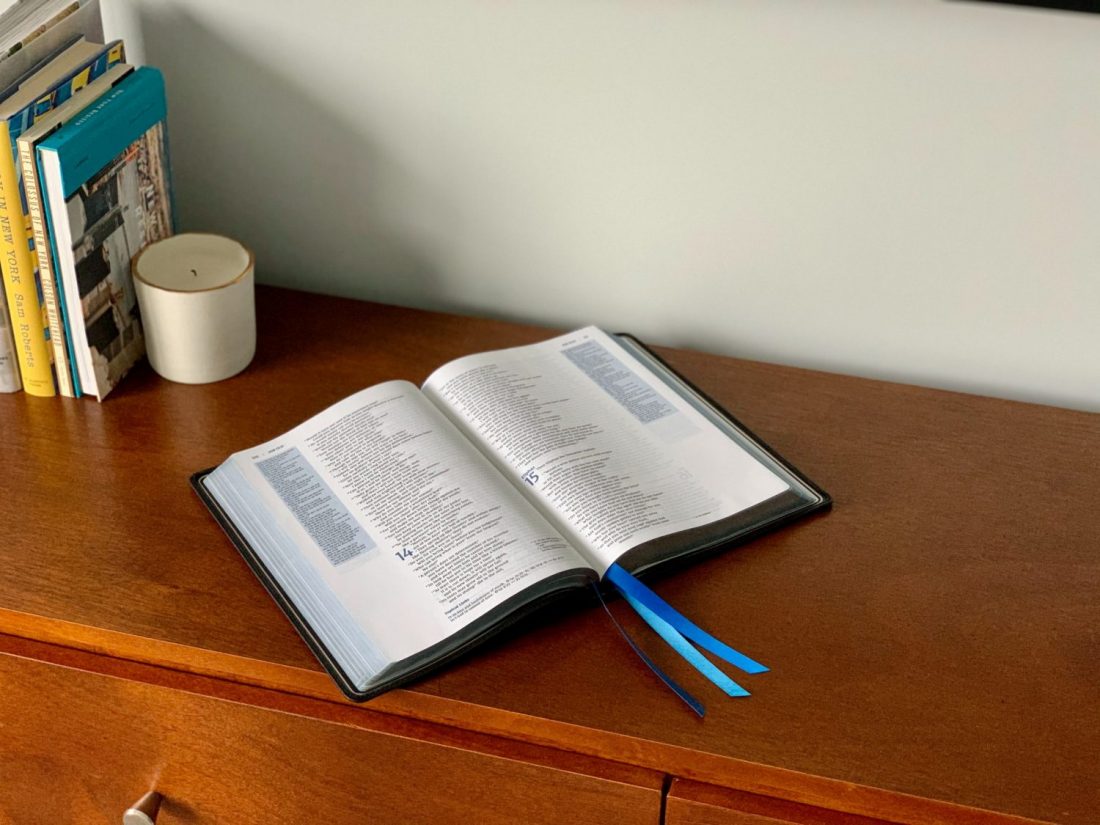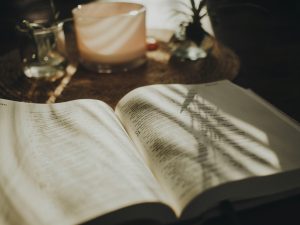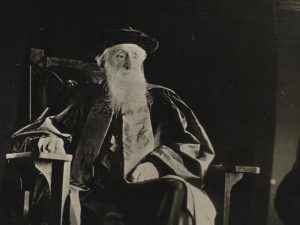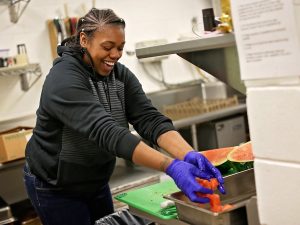A Scripture study from Caring, part two of four.
God created us out of the abundance of love he has for all humanity. He created us in a perfect state and gave us the gift of unbroken communion with him, fellow humanity and the world around us. But we wanted more. We weren’t satisfied with holy communion with God; we wanted to be like God, knowing all and ruling over all. When Adam and Eve took a bite of the forbidden fruit, they essentially said to God: “What you have given me isn’t enough; I want more.” With that bite, they plunged humanity into a never-ending cycle of sin and disobedience toward God, fellow humanity and the surrounding world. Our perfect Imago Dei was tarnished, stained by sin, and we began to act as a fallen people.
Behind the scenes
Read what Scripture says in Genesis 11:1-9, particularly the verses describing the Tower of Babel:
Then they said, “Come, let us build ourselves a city, with a tower that reaches to the heavens, so that we may make a name for ourselves; otherwise we will be scattered over the face of the whole earth.” But the Lord came down to see the city and the tower the people were building. The Lord said, “If as one people speaking the same language they have begun to do this, then nothing they plan to do will be impossible for them. Come, let us go down and confuse their language so they will not understand each other” (Gen. 11:4-7).
Beyond the surface
In Genesis 1:26, after God created humanity, he blessed us to be fruitful and multiply, and rule over the earth. But as we can see from Genesis 11, the people did not want to be fruitful and multiply or be obedient to the Lord. They wanted to make a name for themselves by building a tower to pagan gods, when they should have been drawing others to the one God. As a result of their sin, God confused the people and scattered them throughout the earth. Sin is ultimately what caused us to be a confused, disobedient and scattered people.
- How do you see this confusion in the world today?
- How do you see division in the world today?
While different languages and cultures were a result of our disobedience, God has redeemed them for his glory. Language and culture are beautiful expressions of God’s creativity and often display the best of humanity.
- How have you been positively impacted by the various languages and cultures in our world?
- Have you ever been negatively impacted because of the language you speak, your race or ethnicity, or your culture?
Between the lines
Notice that race is not mentioned in this Scripture as one of the means God used to scatter the people throughout the earth. Race is something that humans created as a means of categorizing and separating one another. Dr. Brenda Salter McNeil defines race as, “A socially constructed and socially empowered term used to identify a people group based on shared physical characteristics such as hair, eyes, skin color, body shape, etc. The concept of race is not biologically supported but was adopted for social reasons to systematically stigmatize certain people groups as inferior, thus justifying racial slavery, injustice and inequality.”
- Why do you think humanity developed the construct of race?
- Look up Galatians 3:28. What does this say about how we are called to live as people of God?
- How does this verse contrast the construct of race?
- How do you think we can redeem the concept of race back unto God?
Closing thoughts
Our Imago Dei may be tarnished, we may be a fallen people, but that doesn’t mean that we have to live as a fallen people. Sin was never God’s intention for us, and the only way to rid ourselves and our world of sin is to be reconciled to God through Christ Jesus. How can you begin to ask God to heal the hurt you might have due to racist or discriminatory comments or actions you have faced in the past? How can you ask God to open your eyes to ways you may have caused hurt toward others, or division in your community? Let us strive to live above the fall, and thereby live reconciled.
Sign up for the Do Good Digest, our weekly newsletter, and stay tuned next week for part three.
Do Good:
- Download the full study and find more like it from Caring in the Scripture study library.
- Visit westernusa.salvationarmy.org to find The Salvation Army nearest you.
- Give to support the fight for good in your community.
- What’s your cause? Take our quiz to find what arena you can make the biggest impact in the fight for good.













Comments are closed.